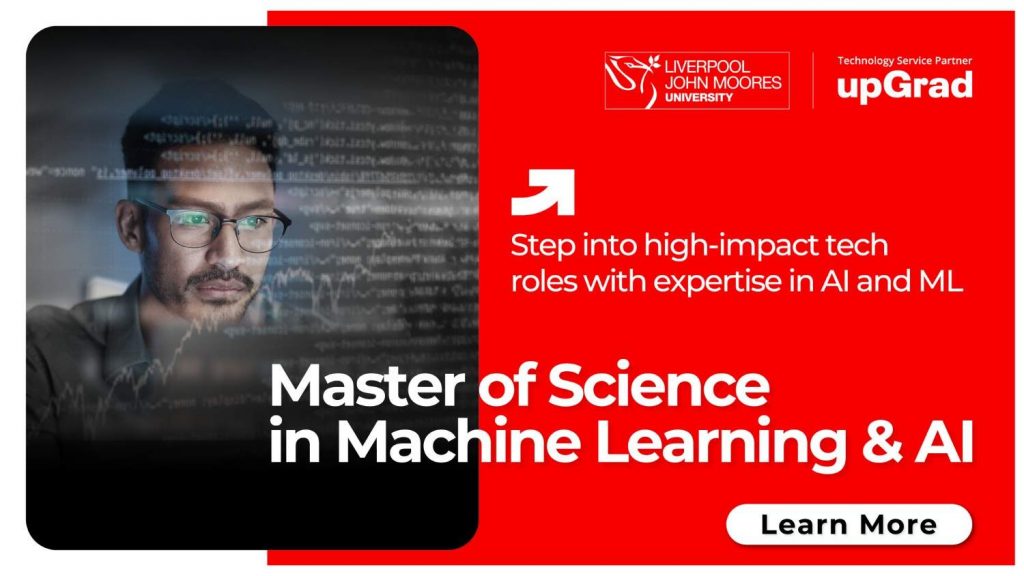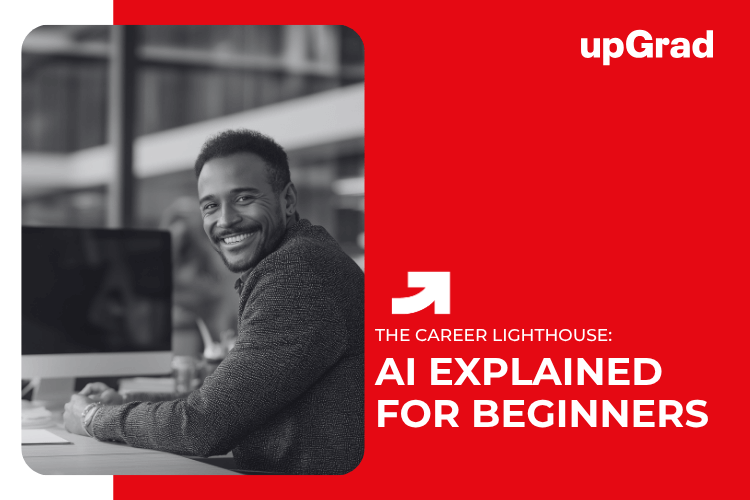Has anyone ever thought of a technological revolution that can aid human capabilities to make advanced decisions? With the advent of Artificial Intelligence, humans have a chance to live more meaningfully, devoid of challenging labor. If you are here to learn about the emergence of AI applications and how a beginner should learn about it, welcome to this post. Let’s first have a glimpse of its humble historical roots. Here’s presenting the history of AI.
An Introduction to Artificial Intelligence: How Did It Come into Being?
Before you opt for the best artificial intelligence courses, you first need to comprehend intelligent beings, which is already an existing concept. AI was first conceived when classical philosophers started demonstrating human thinking as a symbolic system. That was seen between the years 19040 and 1950. Discussions were done pertaining to the chances of creating a virtual brain. This concept leads to the emergence of AI research.
Research scholars and scientists struggled through the hard days when they failed to build a sought-after system that would work as a human brain. But as they say, failure brings the dawn of success. Despite several unsuccessful attempts during the AI Winters mid-1970s and 1990s, finally, American corporations and the Japanese government first developed the fifth-generation computer with AI. This revolution came in 1990. Then, 1997 witnessed IBM’s Deep Blue defeating the
Despite a well-funded global effort over numerous decades, scientists found it extremely difficult to create intelligence in machines. Between the mid-1970s and 1990s, scientists had to deal with an acute shortage of funding for AI research. These years came to be known as the ‘AI Winters’. However, by the late 1990, American corporations were once again interested in AI. Furthermore, the Japanese government too, came up with plans to develop a fifth-generation computer for the advancement of AI.
Ever since then, several modifications have been introduced and reintroduced. Cut to the modern century, AI today has become an integral part of the digital world.

Levels of AI a Beginner Should Understand
In the late 21st century, this concept has been divided into categories like Artificial Narrow Intelligence, Artificial General Intelligence, and Artificial Super Intelligence.
- ANI: The best examples of this type of AI are Siri, Cortana, and Alexa. It is a goal-oriented program designed to perform singular tasks.
- AGI: Artificial General Intelligence is the concept by which machines imitate human intelligence and showcase the potential of applying intelligence to resolve issues.
- ASI: Also termed Artificial Super-intelligence, it’s a hypothetical concept that is still not known in the current world. More research needs to be done to understand the concept.
Understanding the Prime Objectives of AI
Listed below are the top goals of Artificial Intelligence:
- Implements problem-solving algorithms to perform tasks that otherwise are done by humans
- Represents events, objects, causes, and more
- Set intelligent goals only to accomplish them accordingly
- Evaluates computer algorithms to improve the experience
Not only interprets and recognizes human efforts but also processes them
The prime objective of artificial intelligence is to build technologies to incorporate the aforementioned objectives with efficacy and security.
Top Applications of AI in the Modern World
AI is implemented in most of the prominent domains today. Combined with machine learning, artificial intelligence is used in cybersecurity for different purposes. So, here’s the list of top AI applications:
- Facial Recognition
- Self-driving vehicles
- Cancer cell detection and tumors detection in healthcare
- Industrial Robots
- Missile guidance in the defense system
- Machine Learning, as well as analytics
If you want to be a part of this AI world, you can pursue a career in machine learning, data science, data engineering, etc. Choose one of the best AI courses to pursue your dreams and earn a living.































